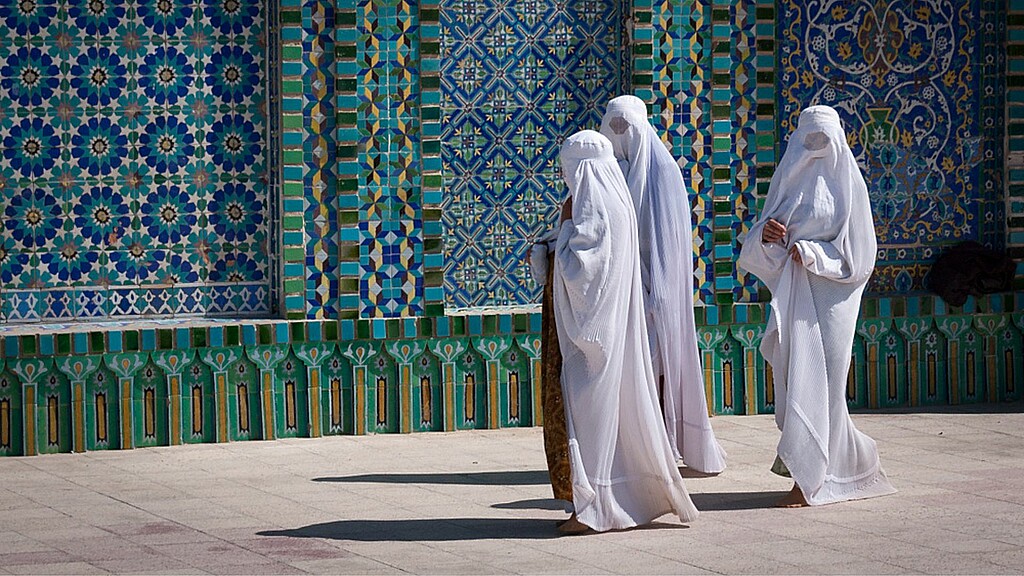Human Rights
Three years after U.S. withdrawal Taliban ban women's voices in public and make it illegal to bare their faces
According to the new regulations, a woman's voice “is considered an intimate attribute that should not be heard in public, prohibiting them from singing, reciting or reading aloud”

August 25, 2024 12:56pm
Updated: August 26, 2024 9:20am
Three years after the 2021 U.S. withdrawal from Afghanistan, the Taliban have ratified a law that toughens repression against women.
The rule, announced recently, prohibits the sound of their voices in public spaces and requires them to completely cover their faces with the full veil.
Since the Taliban regained power in Afghanistan in 2021, they have implemented a series of regulations aimed at controlling every aspect of daily life under the premise of “eliminating vice.”
The document, which consists of more than 100 pages with 35 articles, was promulgated and officially published this Wednesday after being ratified by the supreme spiritual leader Haibatullah Akhundzadá, in a country where women already face severe limitations.
According to Article 13 of the new regulations, a woman's voice “is considered an intimate attribute that should not be heard in public, prohibiting singing, reciting or reading aloud.”
The regime's spokesman, Maulvi Abdul Ghafar Farooq, assured that the restriction "will be of great help for the promotion of virtue and the elimination of vice."
In addition, they must cover their entire face and body to avoid “causing temptation,” so “they should not wear attractive, tight-fitting clothing or clothing that reveals the shape of their body.”
They are also prohibited from using cosmetics or perfume, with the ultimate goal of preventing them from imitating “the dress styles of non-Muslim women.”
Women should also not look at men with whom they are not closely related, and vice versa; and they are prohibited from traveling alone, which further limits their mobility and autonomy.
Richard Bennett, the U.N. Special Rapporteur for human rights in Afghanistan, considers that, since 2021, the situation of women in that country could be considered “gender apartheid” and that the condition for Afghan women is “the worst” of women in the whole world.
The document also includes some restrictions for men: they cannot wear a tie, trim their beard below the length of a fist, they cannot comb their hair, and they cannot see or address women with whom they are not related.
If someone commits violations, the sanctions include “counseling, warnings of divine punishment, verbal threats, confiscation of property, detention from one hour to three days in public prisons and any other punishment considered appropriate,” says Afghanistan’s new, Taliban controlled Ministry of Justice.








